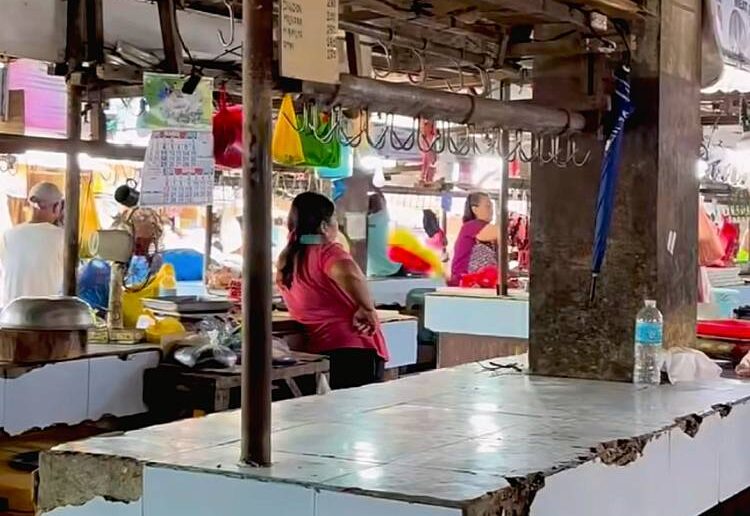Eastern Samar capital declares ‘pork holiday’ due to ASF

TACLOBAN CITY – The city government of Borongan, the provincial capital of Eastern Samar, has declared a 15-day “pork holiday” following the confirmation of African swine fever (ASF) cases in the locality.
Mayor Jose Ivan Dayan Agda issued an executive order on April 3 declaring a pork holiday from April 4 to April 18 as a preventive measure against the further spread of the ASF in Borongan.
The order suspends the slaughter and sale of pork products within the period.
“ASF poses a significant threat to the local hog industry, affecting not only livestock but also the economic stability of small-scale hog raisers, meat vendors, and other industry stakeholders,” said Agda in his executive order.
“Whereas, as a necessary biosecurity measure to mitigate the risk of ASF transmission, the temporary suspension of certain pork-related activities is recommended in consultation with the City Veterinary Office (CVO) and other relevant agencies,” the city mayor added.
The Department of Agriculture in Eastern Visayas (DA-8) confirmed the presence of ASF in the city in a letter dated March 28, stating that samples from a piggery farm owned by Eastern Samar State University in Barangay Maypangdan tested positive for the virus.
Restrictions
Among the restrictions during the pork holiday include the slaughtering and sale of fresh pork except for personal consumption.
Pork-based processed products such as pork chorizo and “longganisa” are also banned.
Frozen pork sales are allowed only with proper certification from meat inspectors and must come from ASF-free areas.
The disinfection of all piggery farms is mandatory while the interbarangay transport of live pigs is strictly prohibited during the pork holiday.
The CVO, in coordination with the Philippine National Police and other agencies, are tasked to strictly monitor compliance with the order.
Violators will face confiscation of unauthorized pork products; and fines and penalties under Republic Act No. 10536, that amended the Meat Inspection Code of the Philippines (Republic Act No. 9296), which ranges from P100,000 up to P1 million and imprisonment of up to 12 years as well as the suspension or revocation of business permits for establishments found violating the order.
Agda assured the public that these measures were necessary to protect the local hog industry, small-scale raisers, and market vendors from the devastating impact of ASF.
According to the National Meat Inspection Service, ASF is a highly contagious viral disease that affects pigs, warthogs, and boars. It causes pigs to have high fever and lose their appetite, and causes hemorrhages in the skin and internal organs.
Pigs die in a span of two to 10 days upon affliction. There is no known vaccine yet against ASF. Health officials reiterated that ASF does not pose any threats to human and that other pork products from infected areas are safe to eat.

















